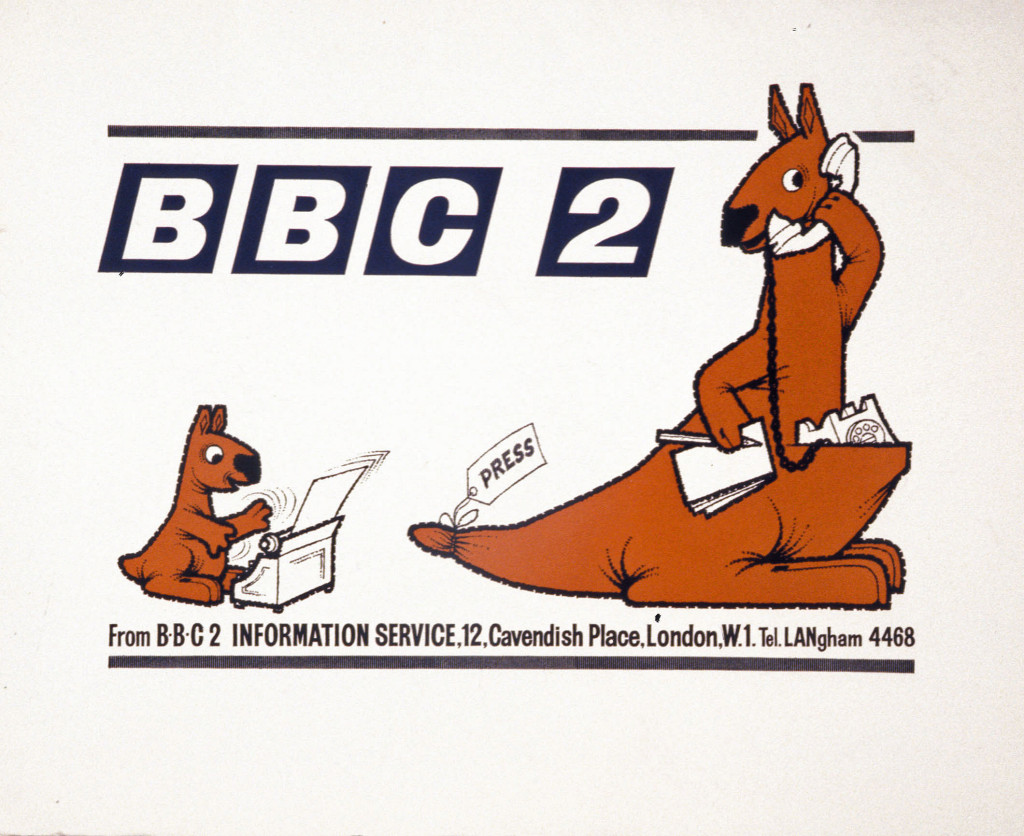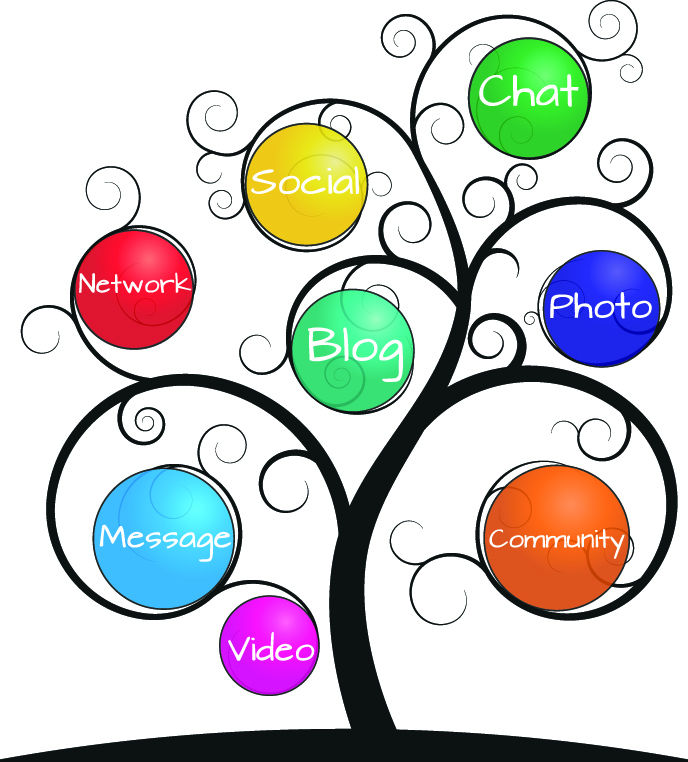On the 20th April 1964 the BBC launched its second television channel: BBC2. Although the launch was a flop (due to a major power cut) the station soon became a fixture of UK broadcasting. This conference engages with the example of BBC2 in a contribution to the history of how, as well as what, we access through television.
In the 1960s questions were raised about the increasingly dominant role of television in the home and the part the Pilkington Committee played in preserving middle- and upper-class values in the medium. It was also the first channel in the UK to offer UHF, then colour, television, changing the way that television was produced, broadcast and consumed.
It is also timely in other ways. The way television is accessed is changing rapidly, not only through satellite and cable, but as a result of the convergence of television and internet technologies. Audiences can access services as and when they choose. As the technology changes so must the way we study the history of the television, as not only programme types, but the idea of a self-contained channel becomes a thing of the past.
This conference will take place at the Science Museum, London.
Programme
Confirmed conference programme
Please see our Abstracts page for further details.
Friday 25th April 2014
10.00 Registration
10.30 Welcome: Tim Boon, Head of Research Science Museum
10.45-12.00
- Jamie Medhurst, Aberystwith University, ”What a Hullabaloo!’ The BBC Television Service in 1936 and BBC2 in 1964: a comparison
- Taylor Downing, Flashback TV, A New History for a New Channel- The Great War and the launch of BBC2
- Adrian Burton, Lambie-Nairn, From ‘worthy but dull’ to ‘witty and engaging’: the strength of the BBC Two brand
12.00-12.30 Key note: Jean Seaton, University of Westminster: Hoggart, Pilkington and the politics of the BBC 2 Launch
12.30-13.30 Break for lunch
13.30-14.45
- Ralph Desmarais, Kings College London, ‘Ascent of Man: Jacob Bronowski and Scientific Humanism’
- Mary Irwin, Northumbria University, ‘BBC2 and the ‘Blockbuster’ Documentary’
- Lez Cooke, Royal Holloway, University of London, ‘Drama on Two: Six and Five More‘
14.45-15.15 Break
15.15- 16.45
- Stephen Lax, University of Leeds, ‘High definition pictures and stereophonic sound: launching new broadcasting services in the 1960s’
- Iain Baird, National Media Museum, Science Museum Group Collections and the development of colour Television 1928-1967
- Leah Panos, University of Reading, ‘BBC2 and the arrival of colour television’
18.15-19.45 Public lecture / and Screening with Joe Moran, Liverpool John Moores University
Followed by drinks reception in the Science Museum’s Energy Hall
Saturday 26th April 2014
10.00 Arrive
10.30-11.45 Science Programmes
- Joe smith, Open University, ‘BBC2’s part in developing a global environmental imagination’
- Jean-Baptiste Gouyon, Science Museum, ‘David Attenborough and the establishment of natural history on BBC2′
- Tim Boon, Science Museum, ‘Horizon as BBC2 Programme’
11.45-12.00 Break
12-13.15
- Ieuan Franklin, BournemouthUniversity, ‘BBC-2 and World Cinema’
- Amanda Wrigley, University of Westminster, ‘Higher education, public engagement: BBC-OpenUniversity co-productions of theatre plays in the 1970s’
- Peter Waymark, Open University, ‘Minority need not mean highbrow: BBC2 under David Attenborough’
13.15-14.15 Lunch Break
14.15-15.45 Panel on the Community Programme Unit
Chair: Patricia Holland (Goldsmiths/Bournemouth)
- Peter Lee-Wright, Goldsmiths University
- Mandy Rose, University of West England
- Giles Oakley, former Head of BBC Community & Disability Programmes
15.45-16.30
Plenary: John Ellis, Royal Holloway, University of London, Channel Launches: The Good the Bad and the Dodgy
16.30 Finish
Please see our Abstracts page for further details.
Registration is now open!
Ticket prices
Early Booking Prices (before the 11th April): £90 total
Regular conference fee (after the 11th April): £110 total
Please visit the Science Museum website to book tickets:
http://www.sciencemuseum.org.uk/visitmuseum/Plan_your_visit/events/conferences/bbc2_conference
There will also be a free public lecture followed by a drinks reception at the Science Museum on the 25 April at 18.00 by Joe Moran author of Armchair Nation: An intimate history of Britain in front of the TV. To register for the evening write to research@sciencemuseum.ac.uk. Places are limited.
With thanks to the Institute of Historical Research (IHR) we are offering four reduced price student places at £40. To apply for one of these places please email research@sciencemuseum.ac.uk with your name, institution and a brief statement about how the conference relates to your research interests.
Date and time: 25/26 April 2014, 09:00 – 18:00
Venue: Science Museum
Keep up to date with all events at SAS

